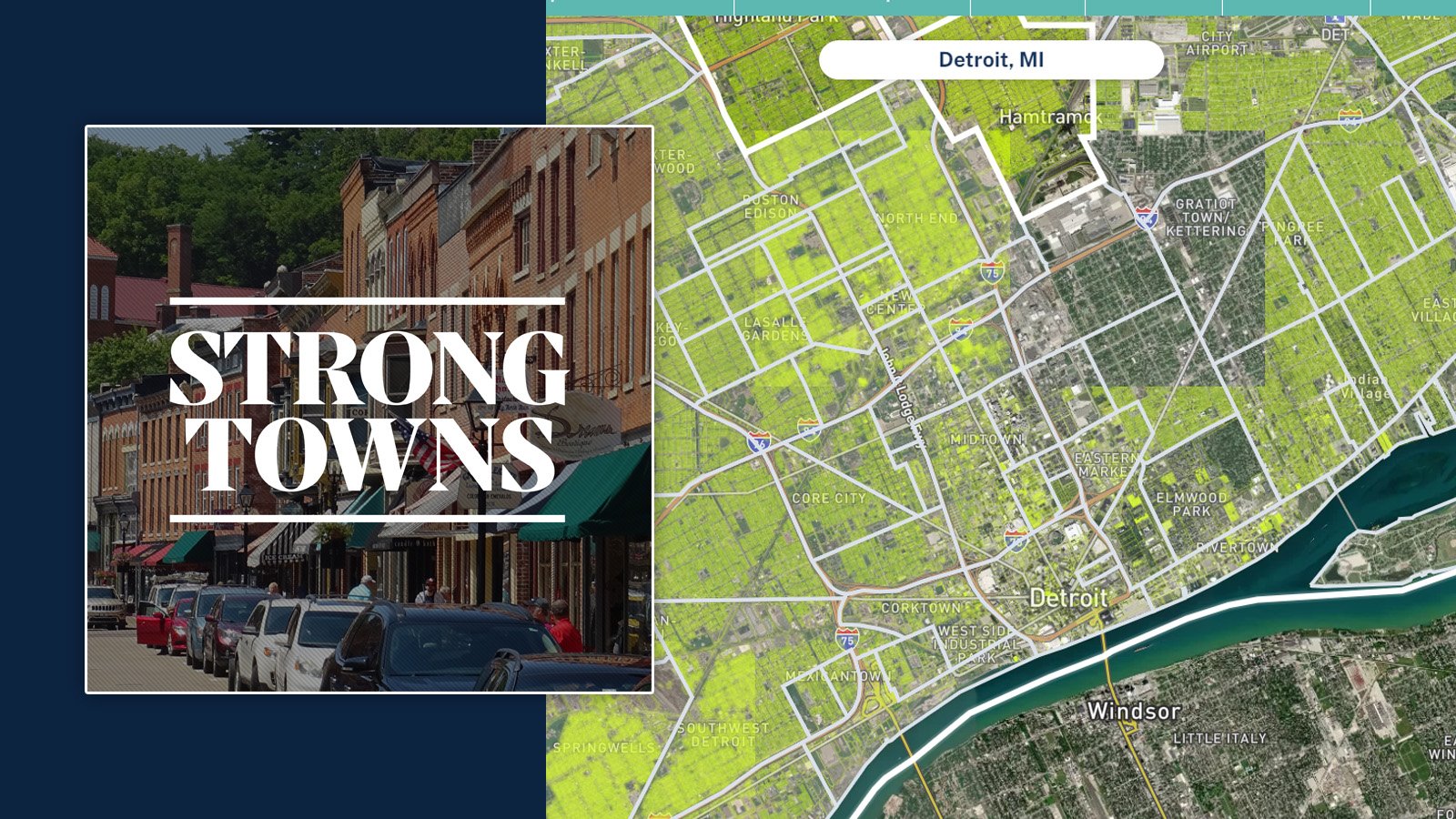The U.S. Justice Department is investigating the possibility that the major software company RealPage is facilitating price-fixing among large landlords and management firms.
Read MoreMany housing advocates celebrate large supplies of housing and low rents. However, this is only one stage of a larger boom-and-bust cycle and cannot be maintained. To break out of this cycle and sustainably improve housing accessibility, we need to redirect our focus to incremental development.
Read MoreIn a frustrating move for road safety advocates, Washington, DC’s, Department of Transportation has canceled its plans to add bike lanes to a major city street. The decision comes after years of delays and despite the approval of all affected advisory commissions.
Read MoreIn 2017, California passed a law that was supposed to open up new levels of incremental development. But in many cities, zoning codes still make that development near-impossible. The city of Ukiah is working to change that.
Read MoreThe Strong Towns approach to housing has some obvious differences with NIMBYs, but what about the YIMBY movement?
Read MoreWith interest rates rising, the cost and availability of housing are becoming increasingly popular topics of debate. But most of these discussions fail to challenge the root of the issue: the absurdity of mortgages as an investment vehicle.
Read MoreWhen the owners of Lawrence Hall bought the abandoned building, they had a vision of reviving it into a food hall that would support small businesses and help their community thrive. They never imagined that a few parking spots would put their dream on hold for seven years.
Read MoreUnderstanding the real costs and long-term liabilities of our infrastructure is essential for the long-term prosperity of our places. Unfortunately, this detail is often overlooked in our decision-making process.
Read MoreWith an average of 39 collisions a day, Winnipeg, Canada, is a dangerous place for drivers and pedestrians alike. Residents have been fighting to change that for over 40 years, but progress is slow.
Read MoreSince the 1970s, the number of cars on I-70 between Denver and its surrounding resorts have jumped more than 500 percent, resulting in gridlock every weekend during ski season. Can this be fixed?
Read MoreIn our extremely polarized political climate, it may seem impossible to get anything done. But even as federal politicians stay locked in stalemates, American governors are fighting for increased cooperation across party lines.
Read MoreIf offered the choice between paid and free parking, many people would probably choose the latter. But free parking may be creating more problems than it’s worth.
Read MoreA recent tweet from the POTUS saying that we need to “build, build, build” to end the housing crisis might reassure some, but there’s reason to be skeptical about how he’s suggesting we do so.
Read MoreWhat percentage of property in any given jurisdiction in the U.S. is locally owned—and are the implications of those numbers? Here to talk with us about it is Alex Alsup of Regrid, which has made the only complete national parcel map.
Read MoreIf we listen to those concerned about housing affordability, rents are already too high and may only go higher. If we listen to those concerned about housing finance, rents are about to collapse. Can both of these narratives be true?
Read MoreThere’s a certain artistic quality to abandoned spaces—but if we look a bit deeper, these ruins also hold lessons about patterns of disinvestment and policy shifts that have adversely affected American communities.
Read MoreSara Joy Proppe is the founder and director of Proximity Project, a consultancy that helps churches discover how they can use placemaking to connect with the local community.
Read MoreWhen housing is scarce, the affordability and quality of it tend to go down. If we want to solve this, we need more housing supply—but how do we make that happen? (Hint: Not necessarily through large-scale federal programs!)
Read MoreA bill to legalize certain forms of “missing middle” housing statewide in Minnesota appears dead in the legislature. Yet, here are 4 reasons why it’s still not a total loss.
Read MoreEveryone has an entry point on their journey to taking action for their place. For Bernice Radle, it was witnessing the steady depopulation of Buffalo, NY, and seeing a landscape of unused, unloved buildings headed for the wrecking ball.
Read More



















